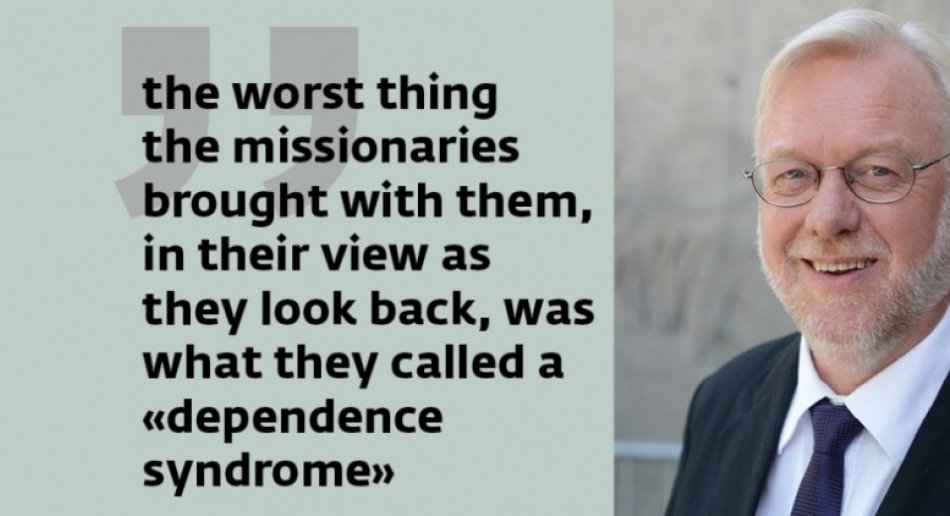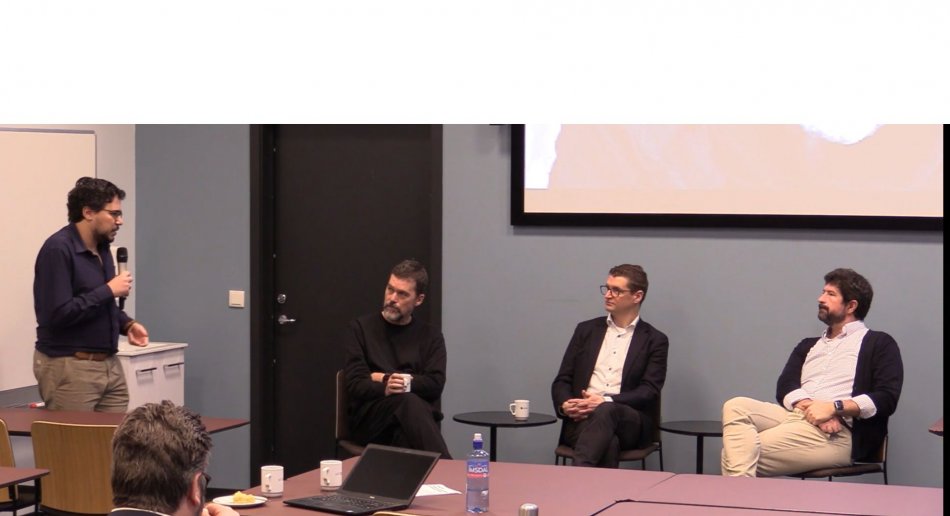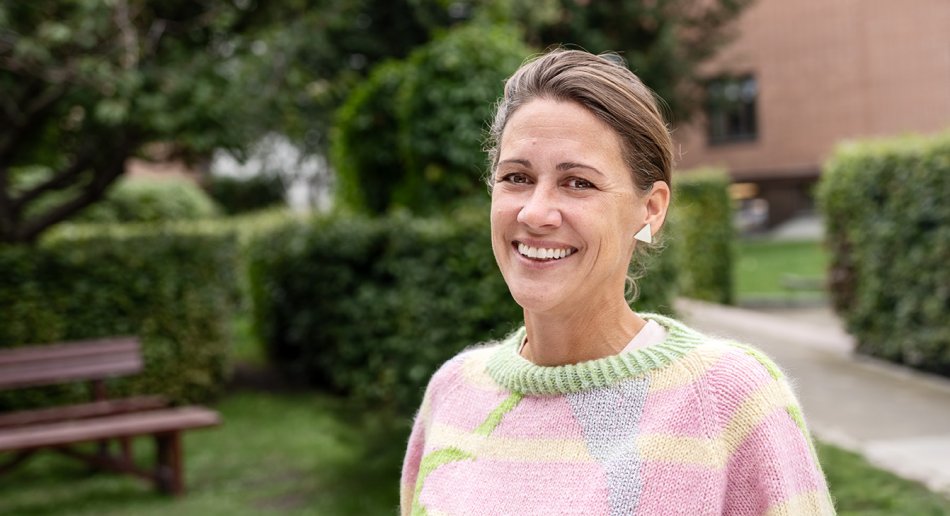
Mission: Improved health, better agriculture, racism and dependence
– Norwegian missionaries in Zimbabwe brought with them many positive things. But some missionaries had unmistakable racist attitudes, says Roar G. Fotland.
Roar G. Fotland is associate professor of missiology at MF.
He is head of MF's Section for Religion, School and Society and the Department of Systematic Theology / Missiology.
(translated by Andrew D. Wergeland)
Associate professor of missiology, Roar G. Fotland, has interviewed 20 long-time ministers from Zimbabwe who worked together with Norwegian missionaries at the end of the 1900s. He asked them about the impressions they are left with.
Twofold findings
– What I wished to find out was what kind of impression the ministers had of the missionaries. I wanted to know if the missionaries practiced inclusive leadership, if they treated their African colleagues with respect or if they had racist attitudes. I also wanted to check if African ministers received training in church leadership and were included in leading the church, and if leadership of the church was transferred to Africans early enough. It was especially interesting to ask what they thought were the best things and the worst things the missionaries brought with them, says Fotland.
Fotland's findings in these matters are twofold. On the one hand, Norwegian missionaries were highly regarded and many were remembered fondly.
– Missionary activity is given credit for bringing better health services, better hygiene that saved many lives and better farming methods, which yielded more food. Most point to education as one of the most valuable things the missionaries had with them, in addition to the gospel.
On the other hand, Fotland's informants do not hide the fact that they felt like second-class members of the church, and that there were many different ways that the local people were discriminated against.
Racism and dependence
– Among some missionaries there were unmistakable racist attitudes. Some supported the white government of the country, even though the church as an institution was against it. But the worst thing the missionaries brought with them, in their view as they look back, was what they called a «dependence syndrome». They see this as something the church in Zimbabwe still struggles with.
The informants think that the missionaries didn't base their work enough upon the premise that the church in Zimbabwe would become self-governing and self-financed.
– The church became reliant on the missionaries' leadership, which in turn led to a degree of both dependency and uncertainty about one's own leadership abilities. Just as problematic was the economic dependency that formed and that the church in Zimbabwe to some degree suffers from this very day, says Fotland.
He explains that the missionaries could always arrange funding if there was a special need. In that way, the church in Zimbabwe did not get enough training in taking responsibility for its own projects and expenses related to administration and buildings, for example.
Letting Africans speak
Fotland says that it's often been the case that western missionaries have told their story about missionary work and about cooperation with African Christians. Mission history has thus been told from the perspective of those who came.
– With my research project, I wanted to let several African voices be heard. English scholars are now in the process of publishing a series on mission history where the latest volume is called «Race and redemption» and where the same duplicity that I found is revealed in British missionaries' encounters with peoples of the Pacific, says Fotland.
The missiologist says that what is most typical within his field of research today is to shed light on mission history with the aspect of culture in mind.
– To some degree, my research is in line with these tendencies where mission is explored from other perspectives than earlier.
A more nuanced picture
Now and then mission in general, and Norwegian Christian mission specifically, comes up in public debate.
– Critical perspectives are often put forward that come with an ideological framework. My research does not cancel out historical critique of Norwegian mission. But it does provide a more nuanced picture.
Fotland thinks that what is most interesting here is that those who received Norwegian missionaries are allowed to speak and contribute to a more nuanced debate.
– As women and men from the older generation, they take the long-term perspective of mission history into consideration and help the Norwegian debate to not just concentrate on principles, but to listen to people who in a strange way are a combination of «victims» of mission's negative effects and recipients of mission's positive effects.
Research news



